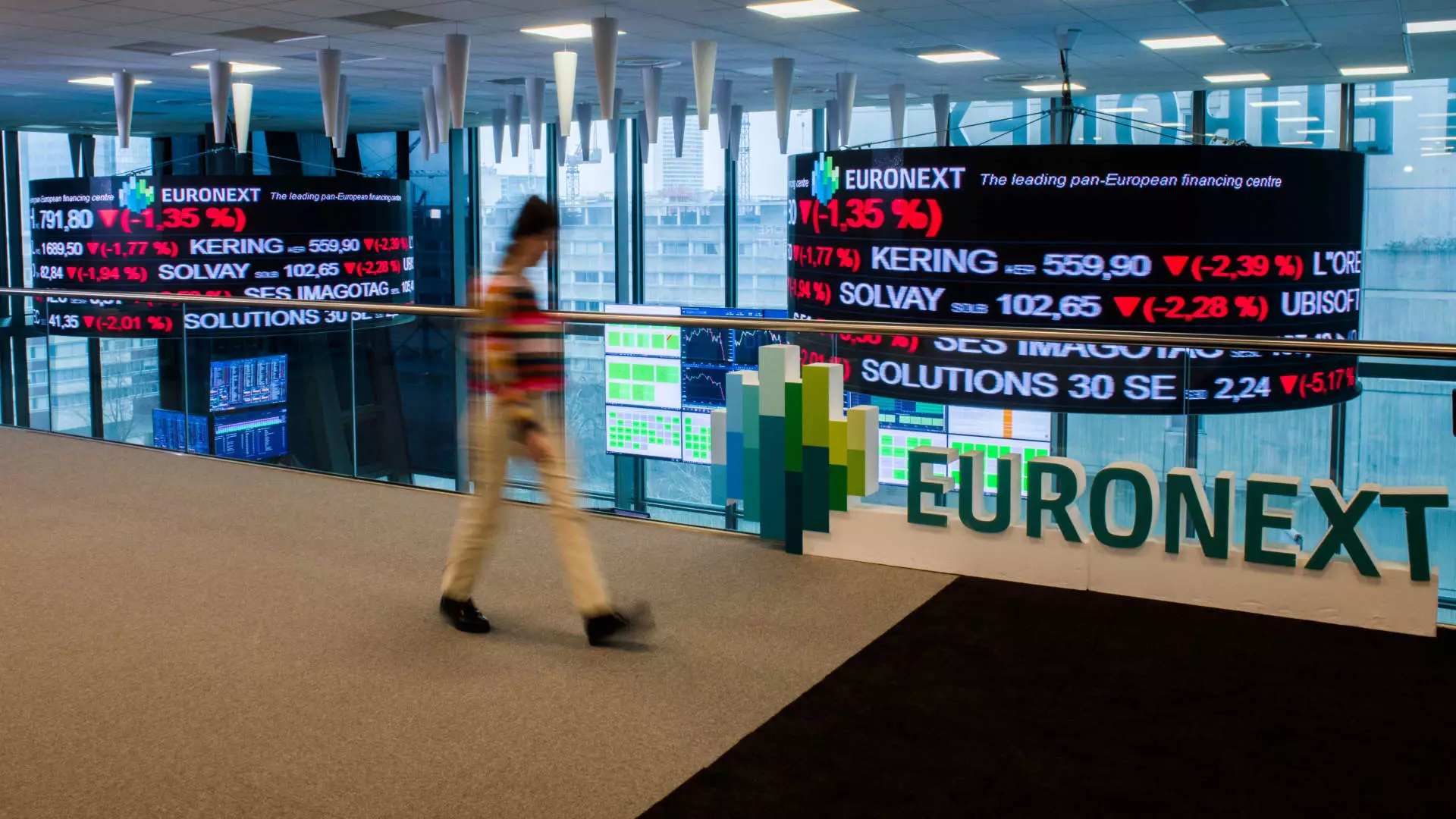The recent U.S. elections have introduced a wave of volatility into the global financial markets, as investors reassess their strategies in light of Donald Trump’s victory. On a day marked by highs in U.S. stock indices, international funds painted an entirely different picture, feeling the repercussions of impending policy changes that could impact trade relationships drastically. This duality in market performance is foreshadowing increased uncertainty, particularly for investors in non-U.S. equities.
Trump’s proposed import tariffs, set to reach a staggering 20% across the board and as high as 60% specifically for Chinese imports, have sparked concern among global investors. While these policies resonated with a significant portion of the American electorate, they have the potential to disrupt existing trade frameworks, placing intense pressure on international markets. Analysts such as Yung-Yu Ma from BMO Wealth Management highlight the precariousness of foreign investments under this new regime; the threat of tariffs creates an atmosphere of uncertainty that is likely to stifle opportunities for growth in these markets.
Diverging Fortunes: U.S. vs. Global Markets
The sharp contrast between performances in the U.S. and international markets has become increasingly evident. With indices like the Dow Jones Industrial Average reaching new heights, investors are seemingly dismissing the potential fallout of Trump’s trade policies. In stark contrast, major funds such as the iShares Core MSCI Europe ETF experienced significant declines—over 2% in one session—signifying heightened caution among those with international exposure. As European markets grapple with the ramifications of the election, Asian equities displayed mixed results, highlighting the varied responses to the unfolding situation across different regions.
In tandem with the fluctuations in equity markets, the U.S. dollar has seen remarkable strength, achieving its highest value since July. Analysts attribute this surge to rising inflation expectations post-election, creating a complex environment for emerging markets that have already been struggling to keep pace with their American counterparts. The stronger dollar, often detrimental to exports, continues to exert downward pressure on international equities; the iShares MSCI Emerging Markets ETF, for instance, experienced a notable drop of over 1% in response.
Despite the surrounding turmoil, there are pockets of resilience within the international investing landscape. The Global X MSCI Argentina ETF recently reached a 52-week high, buoyed by the rise of libertarian leader Javier Milei, whose policies echo some of Trump’s. Such exceptions may offer a glimmer of hope for investors seeking returns in a seemingly bleak environment, yet they stand in stark contrast to the backdrop of instability characterizing the majority of global markets.
As investors continue to digest the implications of the recent U.S. elections, the future of international equities remains uncertain. With the looming threat of tariffs and fluctuating currency valuations, a strategic reevaluation is in order for those with global investment interests. As always, navigating these changes will require diligence and adaptability in what promises to be a transformative period for international trade and investments.

